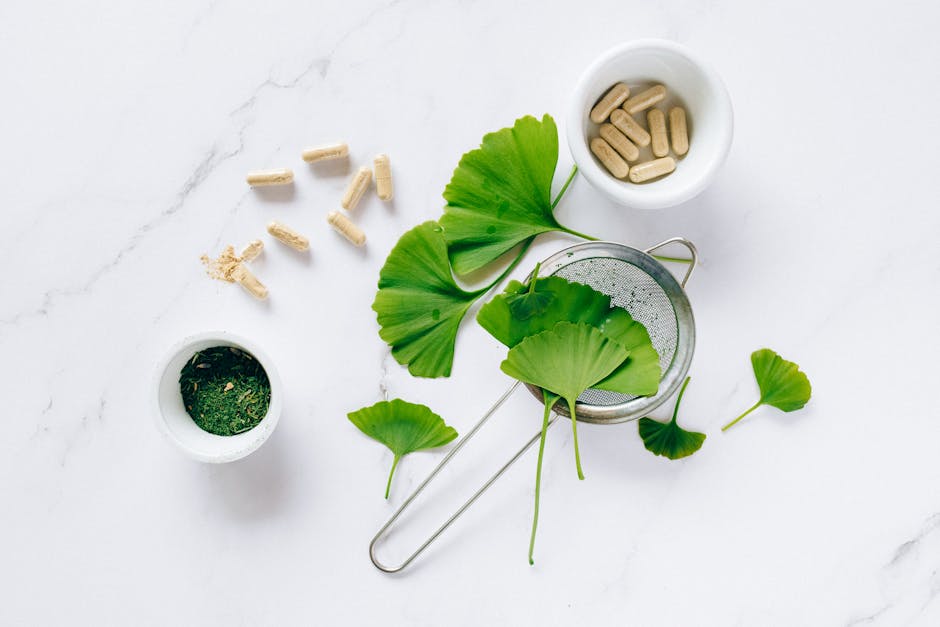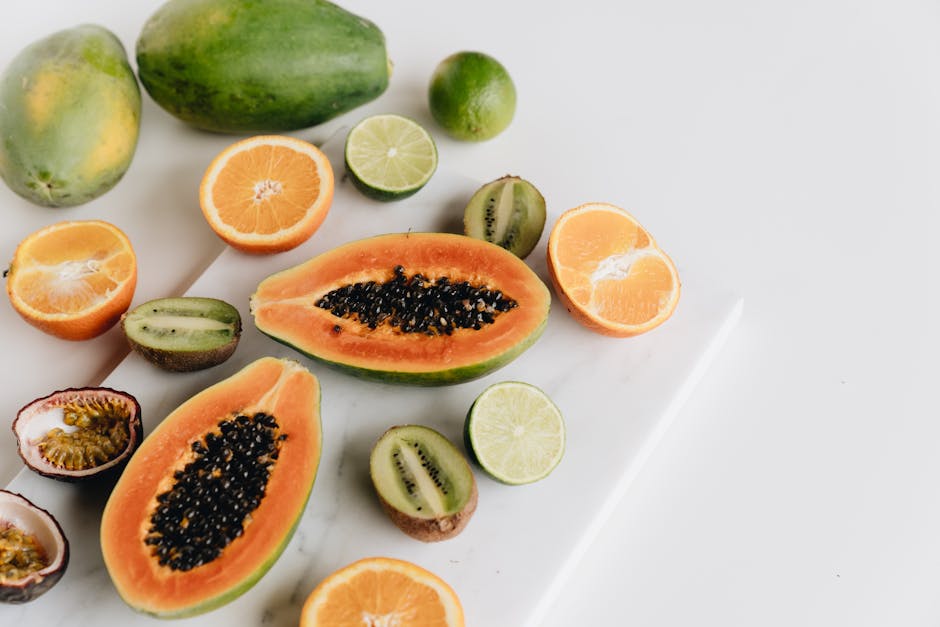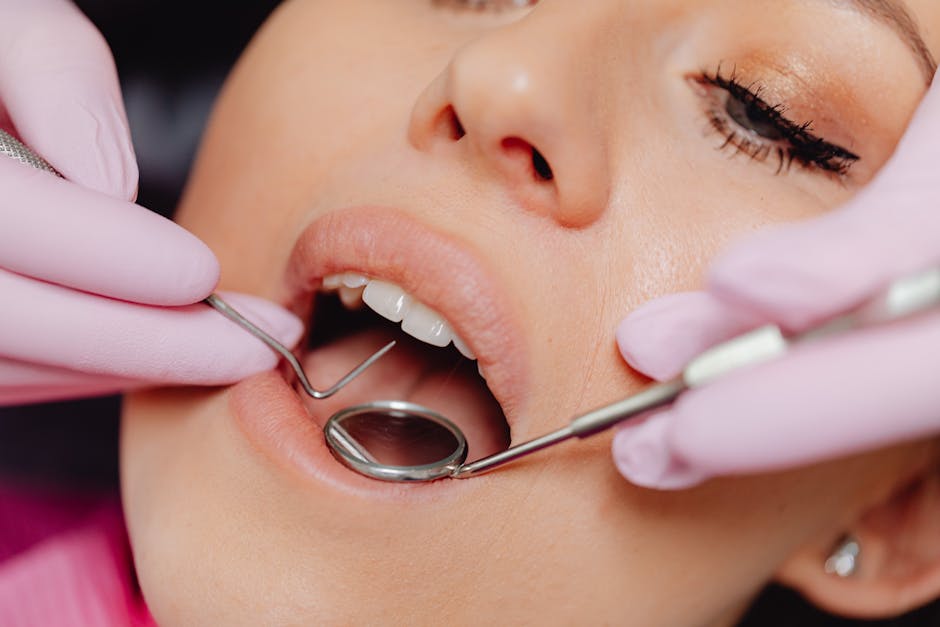There are many different types of vitamins that help keep your teeth and gums healthy. Some people refer to these as cosmetic or pro-health nutrients, but we can’t underestimate their importance.
Many believe that brushing and flossing is enough to maintain good oral health, but disregarding your mouth won’t do anything except make things worse. That is why it is important to use special supplements alongside your regular dental care.
Certain vitamins play an integral part in preventing gum disease by helping prevent bacteria growth. When needed, they also aid in removing bacterial residues left over from when you brush or floss.
This article will talk about some great vitamin options for oral health. You don’t have to take them all at once, but try one out every week to see how they affect your oral wellness.
I've included links to each product's page where you can find its cost, ingredient list, and reviews.
Vitamin A for teeth and gums

Recent studies have shown that vitamin A can help prevent gum disease in adults. This is significant because if you have moderate to severe gum disease, your dentist may need to perform oral surgery to treat it.
Oral surgeons often refer to vitamin A as “enamel mineral” due to its ability to promote healthy growth of enamel. Enamel protects our teeth from additional damage by other factors, such as chemicals or bacteria.
When there is no enough vitamin A, the body uses what little it has to produce more of it. Because vitamin A promotes strong bone development and maintenance, people with low levels are at risk for developing osteoporosis.
Fortunately, most kids and adults seem to get adequate amounts of vitamin A through their diets. But as we age, our bodies start to run out of this important nutrient. That’s why it's smart to check your blood serum level of vitamin A before and after a two-month period.
Vitamin C for teeth and gums

Recent studies show that vitamin C can help keep your teeth white and strengthen soft tissue (the skin and muscles in your mouth) to prevent gum disease.
You can find vitamin C in foods like oranges, strawberries, kiwis, tomatoes, and broccoli. One of our favorite brands is Vitskozyl, which contains 500 mg per capsule.
Experts agree that oral supplements are not enough to achieve nutritional requirements unless you also eat adequate amounts of fruits and vegetables. So make sure to eat some veggies and or take a supplement snack every day!
Dr. Christopher Chow currently serves as Medical Director at Physicians Interactive, LLC, a company that works with physicians to develop educational content and tools to aid in their practice. He received his Doctorate degree from Boston University School of Medicine and completed his residency training at Duke University Hospital.
He has been practicing medicine for over ten years and specializes in internal medicine. Dr. Chow enjoys spending time with family members he does not see very often and going to sporting events. In his free time, he loves doing activities such as running, biking, swimming, and weight lifting.
Vitamin D for teeth and gums

Recent studies suggest that many people are deficient in vitamin D, an important mineral nutrient. This could be due to sun avoidance as we stay indoors or outdoors doing things like working during the day or sleeping under blankets.
People who suffer from chronic diseases may also have insufficient levels of this vitamin. Because your mouth contains small bones called osteoclasts that aid in bone remodeling, individuals with diabetes, rheumatoid arthritis, celiac disease, or other conditions that affect bone metabolism can experience delayed or impaired tooth loss caused by inadequate blood supply to the oral tissues.
Fortunately, there are several foods high in vitamin D that can help restore adequate levels. For example, one ounce (about half a cup) of cooked salmon has about 10% of the DV of vitamin D. One 8 oz glass of milk has about 5%. Three tablespoons of melted butter contain around 2%, and 1 teaspoon of cod liver oil is just over 0.5%.
Vitamin E for teeth and gums

Recent studies have shown that vitamin E may boost your tooth health by helping prevent gum disease! Gum disease is a long term condition that can lead to more serious problems like bone loss or infection.
Vitamin E in oral supplements comes as alpha-tocopherol. Although there are eight different forms of vitamin E, only two of them occur naturally in foods — beta-tocopherol and gamma-tocopherol. The other six do not exist anywhere in nature and must be manufactured via chemical processes.
A recent study found that people who took 400 IU (10 mg) of vitamin E per day had twice the reduction in periodontal inflammation than those who were given 200 IU (5mg).
While it seems logical to assume that more of any nutrient would work better, this does not appear to be the case with vitamin E. Because both groups received the same amount, we cannot tell which one was more effective.
Vitamin B for teeth and gums

One of the most important vitamins for strong teeth and gums is vitamin B, also known as riboflavin. This antioxidant nutrient acts as a catalyst to help use other nutrients in your body. It helps promote healthy growth of bones and muscles, and aids in chemical reactions including those related to energy production.
Vitamin B can be found in many foods, but some are more significant than others. Some of the best sources include milk, meat, vegetables like carrots, spinach, and broccoli. Many people are not getting enough vitamin B due to poor nutrition or nutritional deficiencies.
That’s why it is very important to make sure you have adequate levels of this essential micronutrient in your diet.
Calcium for teeth and gums

Many people are aware of how important it is to eat foods that contain calcium to help strengthen your bones, but few know about its role in helping keep your soft tissue strong, including your mouth.
Regular consumption of high doses of vitamin D can also aid in protecting your oral health by promoting bone growth and preventing osteoporosis. But until recently, there was no recommendation for an individual’s optimal daily intake of vitamin D.
Now however, the American Heart Association (AHA) recommends ensuring all adults consume at least 600 IU per day of vitamin D-rich food or supplement for best overall health.1 For individuals who have very little exposure to sunlight due to factors such as coverings up during sun exposures or frequent use of sunscreen, supplementation may be appropriate.
You should never exceed 2,000 IU of vitamin D per day because excessive amounts may cause problems. Too much vitamin D can lead to hypercalcemia — too many calcified cells which can eventually result in kidney stones or death.
Furthermore, some studies suggest that excess vitamin D could increase risk of certain types of cancer3,4 so it is better to limit your intake than not.
Phosphorus for teeth and gums

As we age, our bodies begin to lose bone mass and this can sometimes cause problems. One of these is gum disease or periodontal disease. This occurs when your gums become infected and swell up.
You may also notice changes in the color and texture of your teeth. These symptoms are due to the fact that your body no longer absorbs certain minerals such as phosphate from your bones.
Phosphate is an important mineral for keeping your teeth and gums healthy. You’re probably already aware of some vitamins that contain phosphorus, like milk, cheese, and yogurt.
But there are several other foods with high levels of phosphorus, including nuts and dried fruits. In this article, I will talk about three of my favorite vitamin supplements that contain large amounts of phosphorus.
Iron for teeth and gums

An important mineral to have as you age is iron. Your body requires small amounts of iron to help make red blood cells grow and thrive. However, too much can be harmful instead!
As people get older, their bodies don’t absorb iron as well. This means that it takes longer to bring down excess iron levels in your system.
If you're over 40 and notice changes such as pale or thinning skin, hair loss, weight gain, tiredness or symptoms like those mentioned above, ask your doctor about having an iron test done.
Your dentist may also recommend doing something called sullage testing where they take some plaque from your tooth and check whether it contains enough iron to indicate if there has been recent bleeding under your gum line. If so, then supplements to boost oral health could be needed!
Baking soda is one good source of vitamin C which helps keep your muscles healthy and strong. Spread a thin layer of baking soda around your mouth for half an hour before rinsing off.
Read More:
Heat Exhaustion Vs Heat Stroke
0 Comments